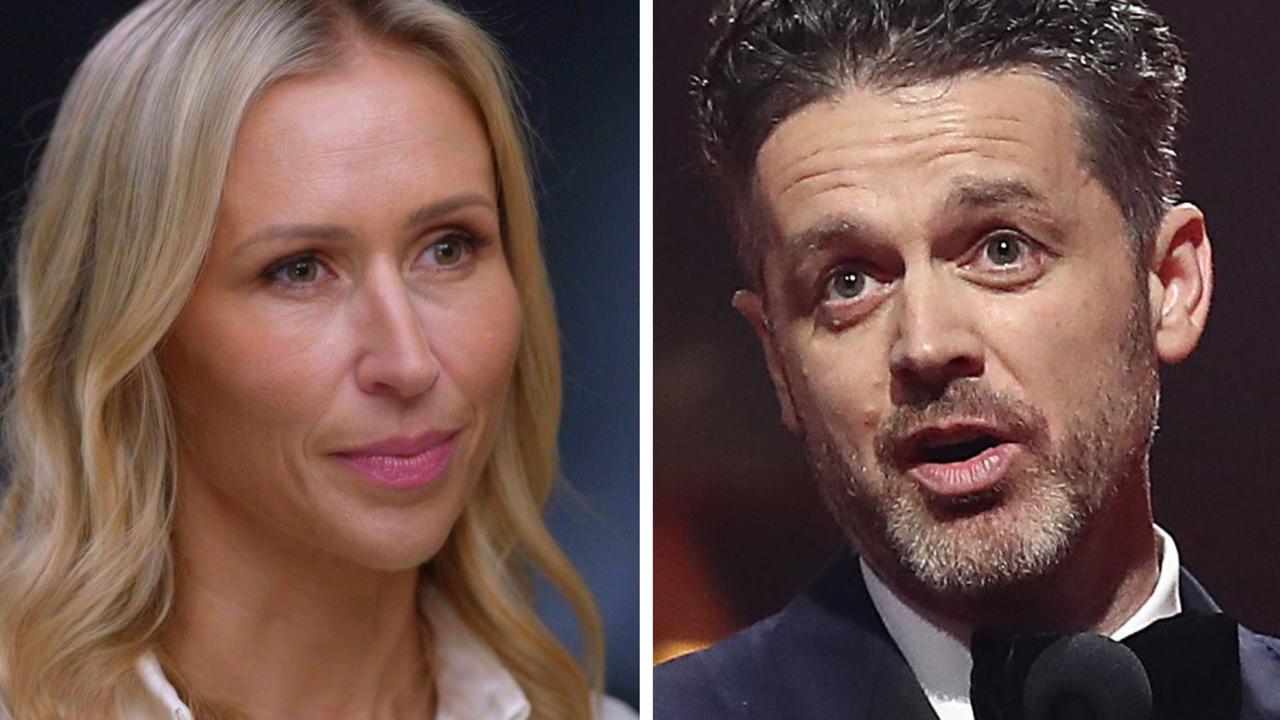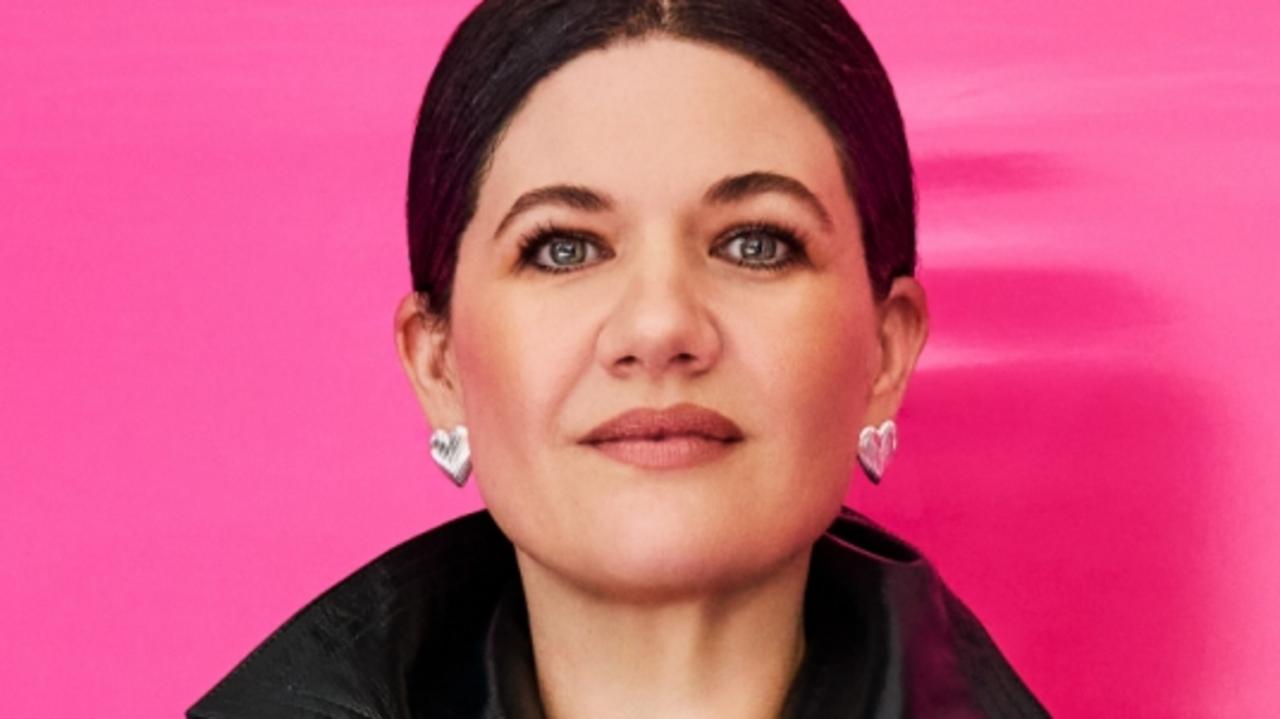Justice League director Joss Whedon’s ‘toxic’ history
He was Hollywood’s “go-to male feminist”, but a public reckoning from many of his former stars threatens to sink director Joss Whedon.
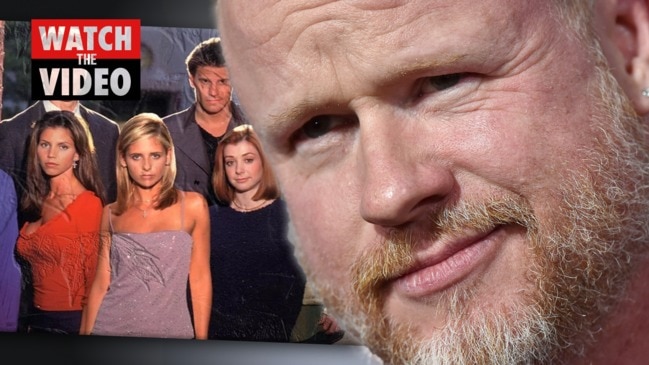
The opening was straight out of every old horror movie: Teen couple sneaks into a darkened building. Ominous background music swells. He wants to go up to the roof and make out. She thinks she hears a noise; he says it’s nothing.
And then she turns into a monster and pounces on him.
“Welcome to the hell mouth.”
The 1997 pilot episode of Buffy The Vampire Slayer wore its trope-flipping female empowerment on its sleeve – and audiences devoured it.
Showrunner Joss Whedon had arrived.
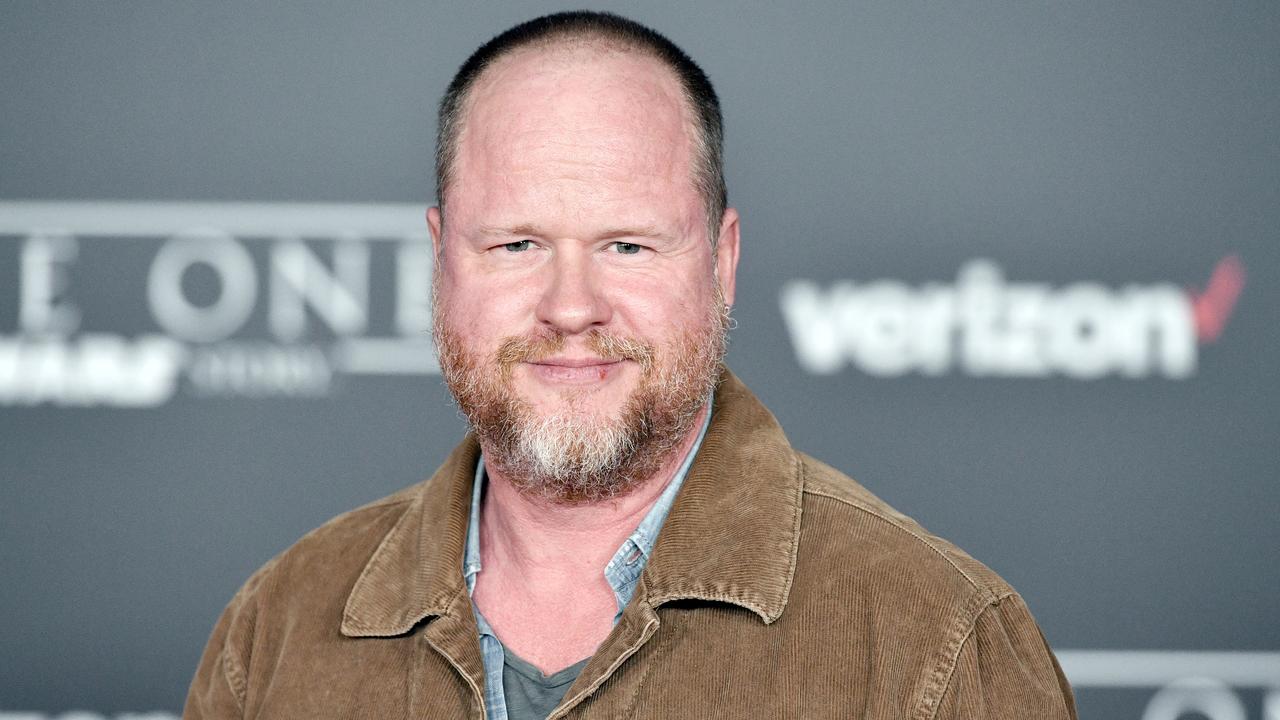
RELATED: Buffy’s male stars break their silence over Joss Whedon
Twenty-four years later, Whedon is facing multiple allegations of being the monster himself. Many of the female stars from Buffy are done with him. Justice League star Ray Fisher has accused him of being racist and abusive in a Hollywood Reporter story that also details a witness’s account of Whedon’s boast that he would make actress Gal Gadot “shut up and say the lines”. The latest details hit as The Nevers, HBO’s Whedon-created show about Victorian women with superpowers, is set to debut in the US, and Whedon is so radioactive the network isn’t even using his name. (Though it should be noted that The Nevers cast has had nothing but praise for the director in the lead-up to the show’s release.)
It’s an ironic twist of cinematic proportions for the auteur who, for decades, was Hollywood’s go-to male feminist.
Whedon was a ’90s cult sensation
Whedon, 56, got his start as a sitcom and screenplay writer. He was a Roseanne staffer, co-wrote Toy Story and wrote Alien: Resurrection, and in 1992, penned a Buffy screenplay that ended up a lame teen comedy.
But the TV Buffy was different with Whedon at the helm. Sarah Michelle Gellar’s title character was confident and sardonic, no longer a ditzy cheerleader. Whedon invented a universe with its own lingo, a metaphorical meditation on young adulthood, particularly for women, that felt radically fresh amid the era’s conventional sitcoms and procedurals.
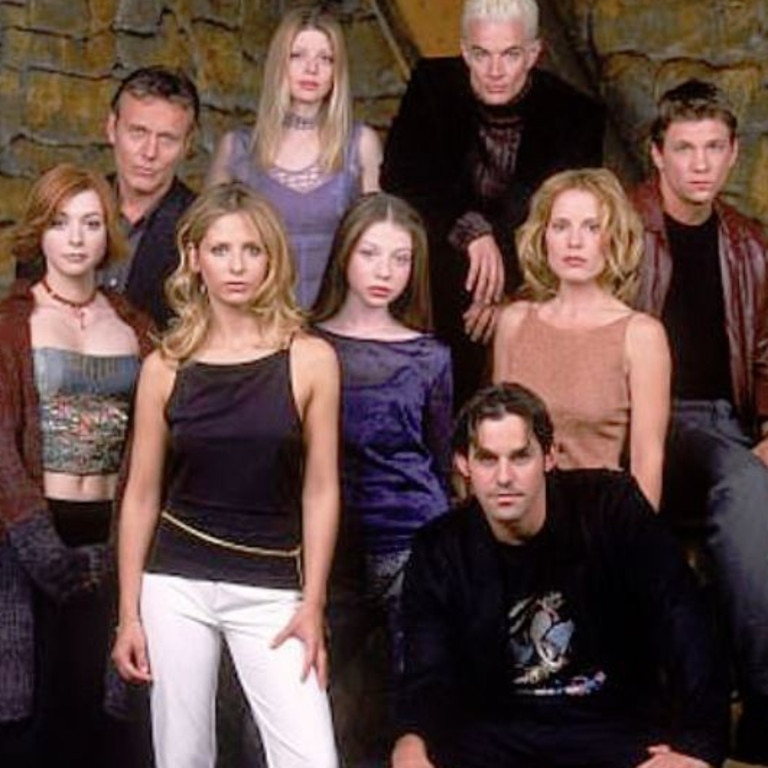
RELATED: Why Buffy is so much more than Joss Whedon
By the sixth season of Buffy, some sadistic Whedon trademarks began to recur, with female characters earning strength through brutalisation and trauma. Whedon’s 1999 spin-off, Angel, featured several purportedly strong female characters, too, including Buffy star Charisma Carpenter. In February, Carpenter posted her own allegations, saying Whedon had been “hostile and toxic” on set. Her exit from the show saw her character unceremoniously put in a coma.
Former colleagues speak out about director
In 2002, Whedon debuted his space western Firefly to fan delight but middling reviews. The show was cancelled after a single season, but amassed a huge cult following.
Recently, Firefly writer Jose Molina tweeted his own claims about working with Whedon.
“‘Casually cruel’ is a perfect way of describing Joss. He thought being mean was funny. Making female writers cry during a notes session was especially hysterical. He actually liked to boast about the time he made one writer cry twice in one meeting.”
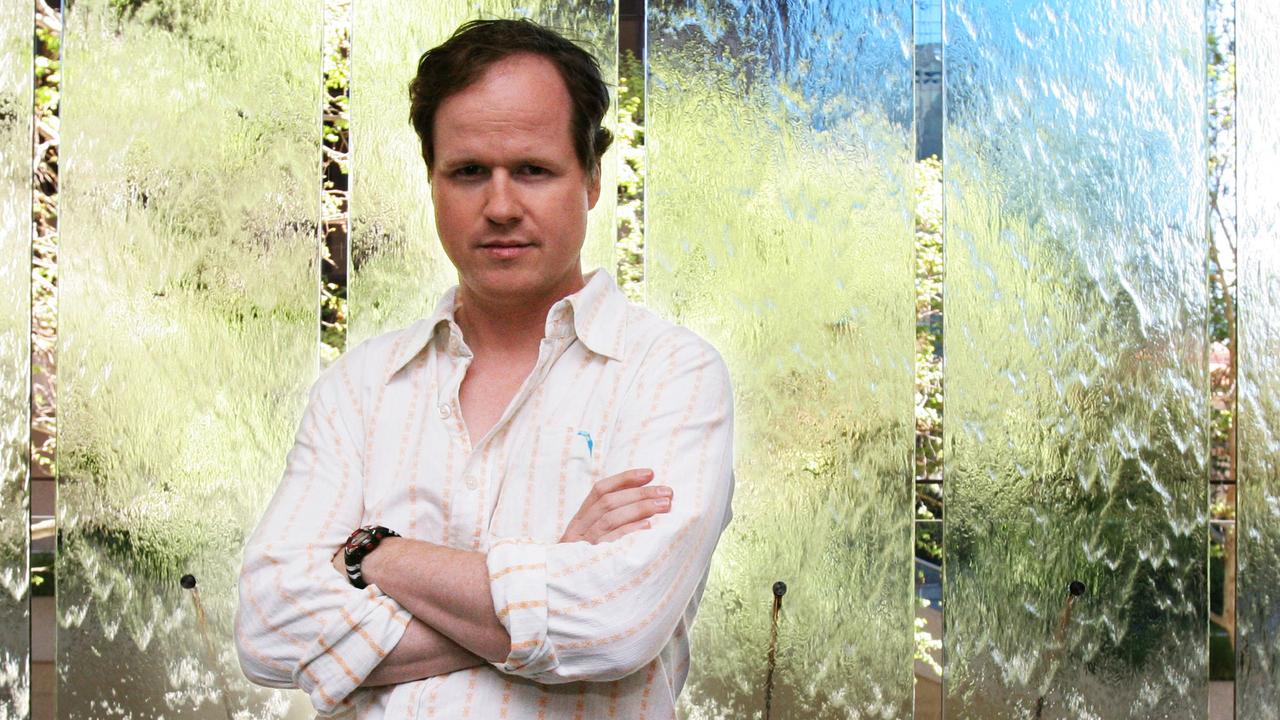
RELATED: All the allegations against Joss Whedon
A quote from Firefly star Nathan Fillion, in a 2012 Whedon profile, shows a glimpse of the same sentiment. “One of his gifts is that for such an incredibly intelligent person he never makes you feel stupid. Unless it’s funny.”
Whedon’s team declined to comment for this story.
In 2006, Whedon gave an aw-shucks acceptance speech for an award from the feminist group Equality Now.
“I believe that what I am doing should not be remarked upon, let alone honoured … Because equality is not a concept. It’s not something we should be striving for. It’s a necessity.”
Three years later came Whedon’s show Dollhouse, which seemed an incongruous follow-up. It was a sci-fi thriller about a woman (Eliza Dushku) in the service of a company that would wipe her memory clean and implant it with new personalities, renting her out to wealthy clients. Whedon insisted it was the “the most pure feminist and empowering statement I’d ever made – somebody building themselves from nothing,” he told Wired.
RELATED: The reviews are in for Zack Snyder’s Justice League
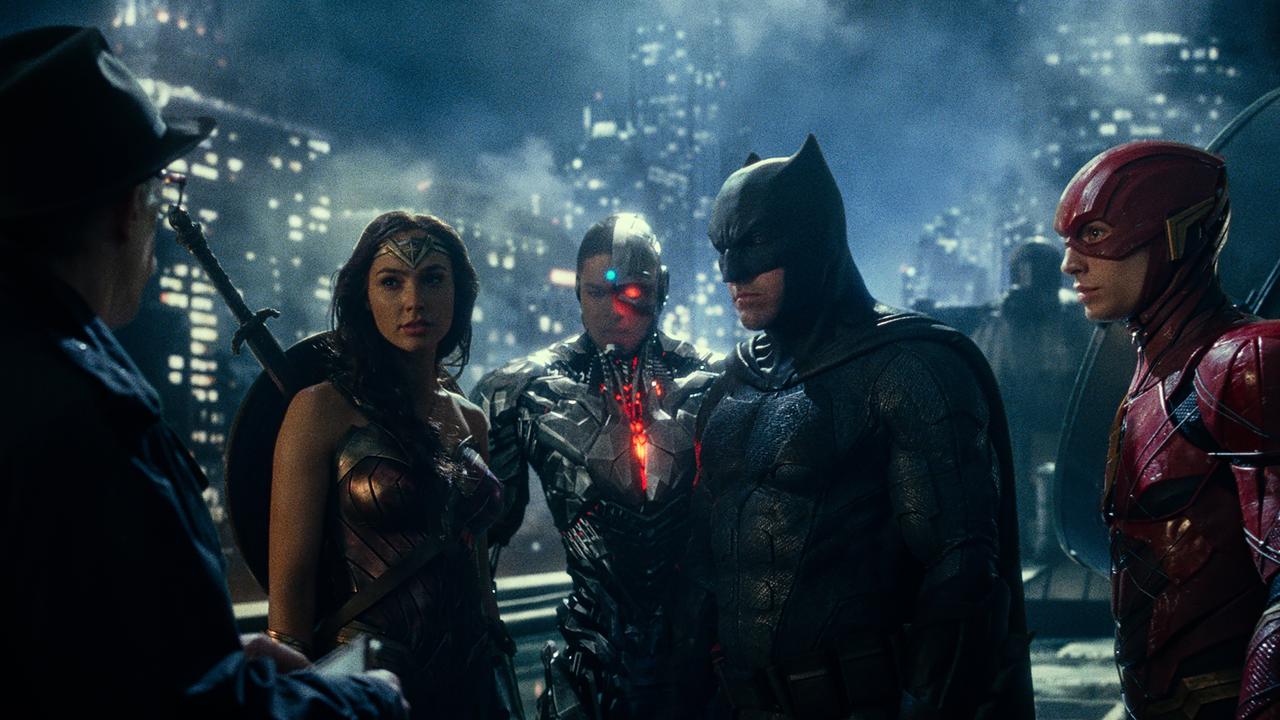
RELATED: Joss Whedon reportedly threatened Gal Gadot during Justice League
The show puzzled viewers but limped into a second season. Whedon’ reputation held strong, and led to his biggest score yet – directing 2012’s Marvel’s The Avengers. It was a massive commercial hit – the then-third highest-grossing film of all time – and a critical success.
In 2015, Whedon directed Marvel’s Avengers: Age Of Ultron, a success that didn’t quite touch the box-office record of his previous film. It featured a scene in which Scarlett Johansson’s character, Natasha Romanoff aka Black Widow, revealed she couldn’t have children due to being forcibly sterilised.
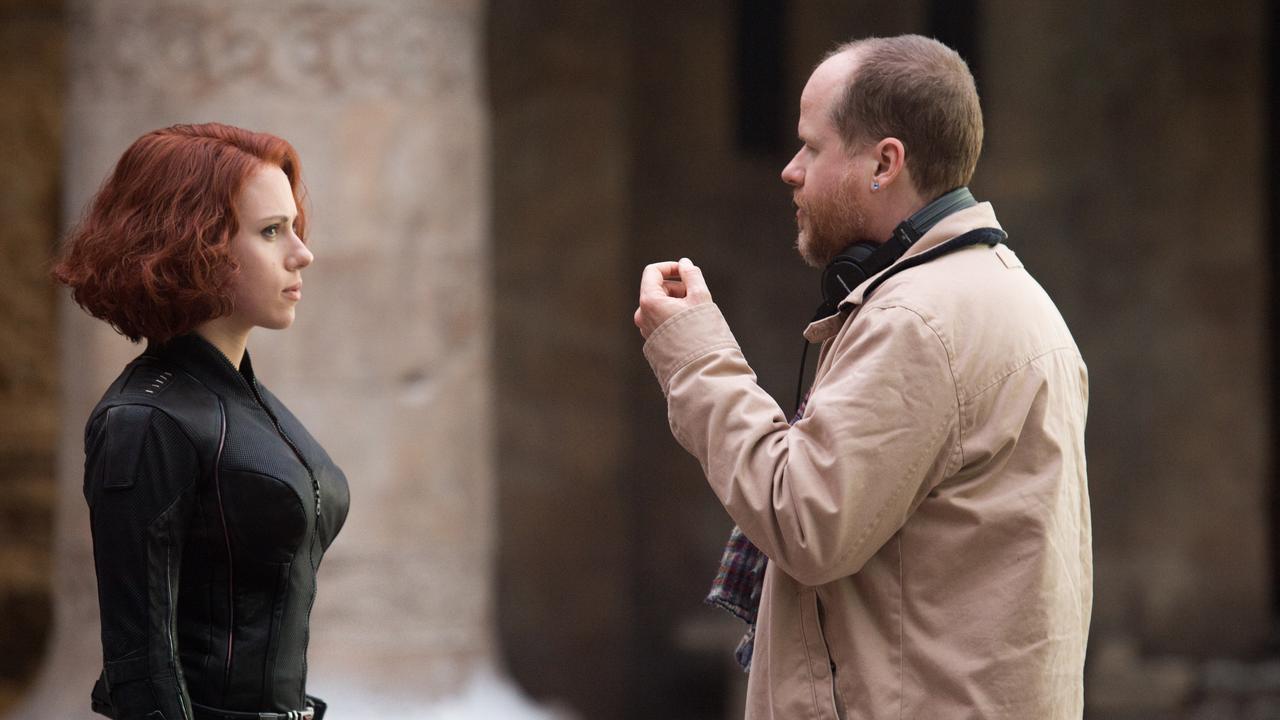
“You’re not the only monster on the team,” she says to Mark Ruffalo’s Hulk. It was the film’s most glaring, if not only, misogynist moment. But Whedon’s brand survived, and in May 2017, he took the helm of DC Comics’ Justice League when director Zack Snyder stepped aside after a family tragedy.
Shortly afterwards, Whedon’s never-made Wonder Woman screenplay leaked, reigniting a debate over apparently retrograde views of women – the script called her a “b**ch” and a “wh*re” and had her do a “sexy dance” to distract a bad guy.
In November, Justice League premiered to a less-than-stellar reception, with critics and audiences complaining it was both glib and rote, sexist towards Wonder Woman and with a phoned-in plot; Snyder’s vision seemed wholly absent.
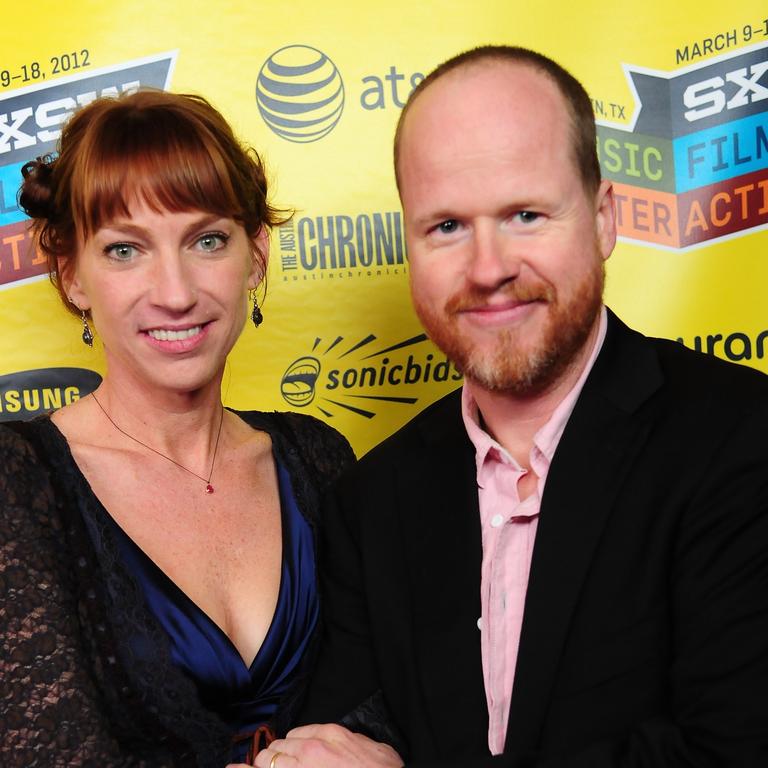
Buffy cast join the chorus of complaints
Days later, Whedon’s ex-wife Kai Cole penned a blog post in which she alleged he was a cheater, a gaslighter and a misogynist. (His camp responded: “While this account includes inaccuracies and misrepresentations which can be harmful to their family, Joss is not commenting, out of concern for his children and out of respect for his ex-wife.”)
Vague rumours swirled around Whedon until last summer, when Fisher, who plays Cyborg in Justice League, came forward with allegations that Whedon’s behaviour had been “gross, abusive, unprofessional, and completely unacceptable” during his reshoots.
After Carpenter came out to support him, other Buffy alums joined in – notably Michelle Trachtenberg, who claimed that Whedon had been forbidden from being alone in a room with her.
It became increasingly clear to many that his loveable-feminist-nerd image had seemingly been a ruse.
In November 2020, Whedon announced that he was leaving The Nevers. His statement attributed his departure to burnout, but coincided with spiralling bad press. Fisher’s accusations had galvanised an already vocally unhappy fan base, and the eventual release of the much-anticipated “Snyder Cut” of Justice Leaguewon rapturous acclaim from critics and fans, all who pointed the finger at Whedon for ruining the initial version.
The Nevers has garnered early praise; Variety noted: “Nevers bears so many of his narrative and stylistic hallmarks that it might as well be playing Whedon Bingo, for better and for worse.”
Recently, an industry tipster suggested Whedon is looking to “un-blacklist” himself, although it’s hard to imagine him resurrecting his brand anytime soon.
As Whedon himself reportedly said: “Remember to always be yourself. Unless you suck.”
This story originally appeared on Page Six and is republished here with permission

